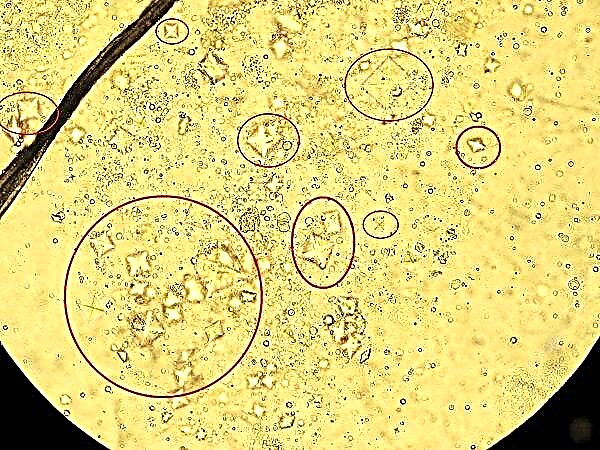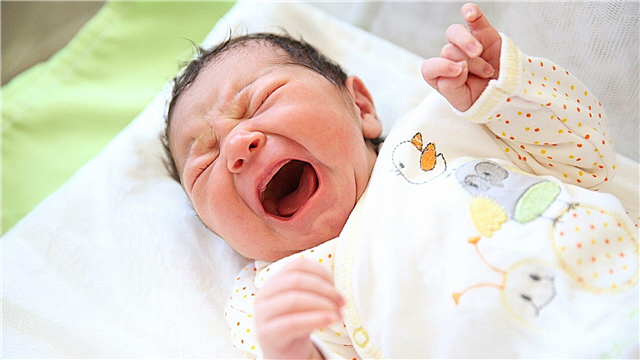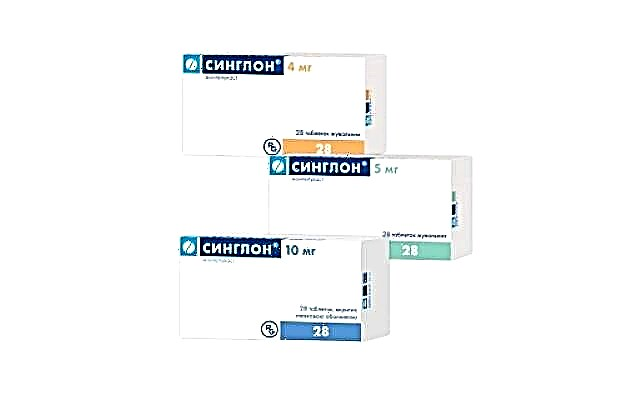
When the baby is vaccinated, the mother almost always has questions about how to act after it. And one of the doubts is bathing. Is it allowed after vaccination and when should you avoid bathing?
What is a vaccine?
This is a manipulation, which involves the introduction of special drugs into the child's body that activate the body's defenses and develop immunity against certain infections. In response to the vaccine that has entered the child's body, the immune system reacts by producing antibodies, as a result of which the disease either does not develop at all, or proceeds very easily.

When can I bathe?
The advice not to bathe your baby after the vaccine is injected into his body, which can often be heard from pediatricians, is usually associated with the risk of infection from running water, since it is a source of pathogenic microorganisms and is not sufficiently cleaned. However, many modern studies have confirmed that bathing does not harm the child after vaccination, if the well-being of the baby is not disturbed.
It is allowed to bathe a child if he was vaccinated against such infections:
- Flu;
- Polio;
- Viral hepatitis B;
- Measles;
- Pneumococcal infections;
- Mumps;
- Rubella;
- Diphtheria;
- Yellow fever;
- Rabies;
- Haemophilus influenzae infections;
- Cholera;
- Tetanus;
- Whooping cough.
Also, the child can be bathed after the introduction of BCG, even if there is an abscess at the injection site. If the administration of the DPT vaccine caused a local reaction (skin thickening, slight swelling and redness at the injection site), water procedures are also not prohibited.

When should the vaccination site not be soaked in water and why?
Bathing is not recommended for severe reactions to the vaccine, in particular for hyperthermia. In addition, the child should not be bathed if, at the same time as receiving the vaccination, he contracted a cold or flu in the clinic. Babies are not bathed in case of poor health, lethargy, persistently high body temperature, drowsiness, severe runny nose and coughing. Water procedures are not carried out for 1-3 days until the child's condition is normalized.
You also need to clarify that it is not recommended to wet the site of the Mantoux test, although it is not a vaccine. If water gets into the injection area, the test result may become uninformative, especially if the sample is rubbed with a washcloth or combed. Although recently, doctors have allowed Mantoux tests to swim in this case.

What's even better not to do after vaccination?
To play it safe in the period immediately after the introduction of the vaccine, pediatricians also do not recommend walking, especially if the child is in contact with other people while walking. This will increase the risk of infection at the moment when the crumbs' immunity has weakened under the influence of vaccination.
In addition, high fever and other pronounced reactions to vaccination are also reasons not to go out with the baby for a walk. If there is no temperature reaction to vaccination and the child feels well, you can walk and bathe even on the day of vaccination.
In addition, a few days after vaccination, you should not change the baby's diet and add new products to the baby's menu, as well as the nursing mother (if the baby receives breast milk). If your child's appetite has decreased within two to three days after vaccination, there is no need to worry.



